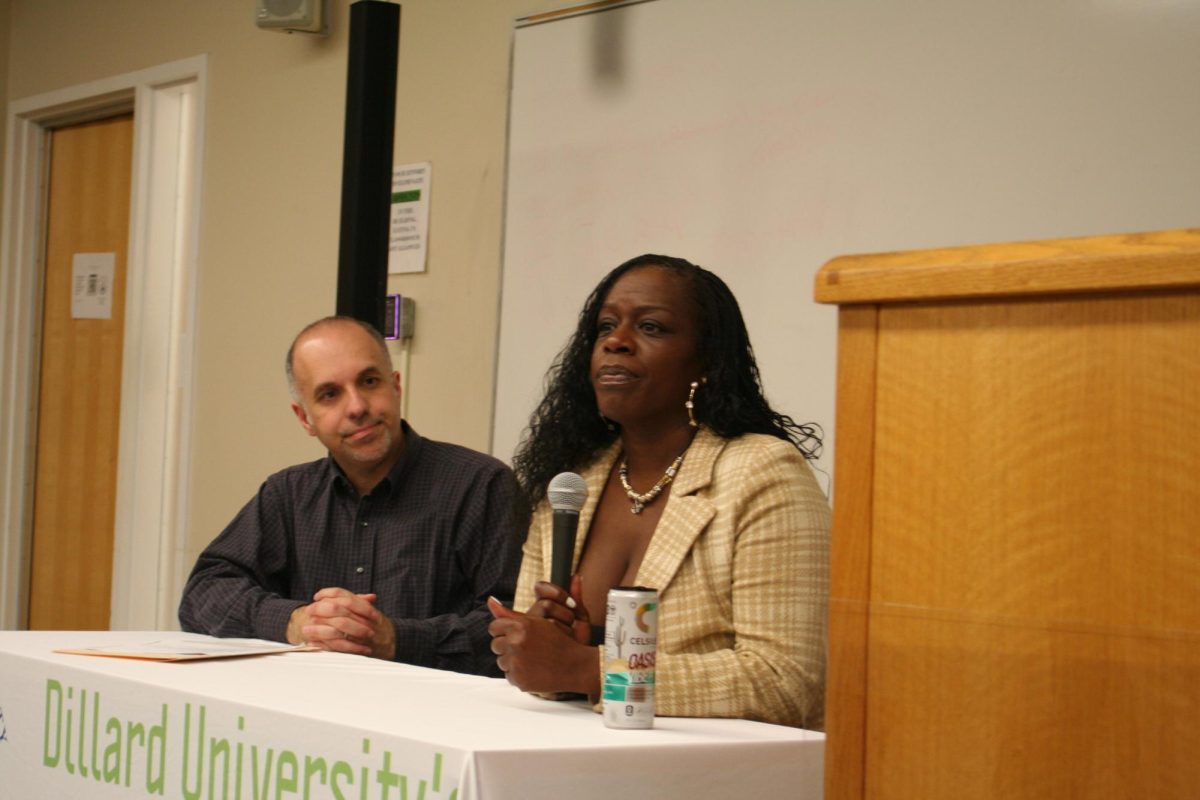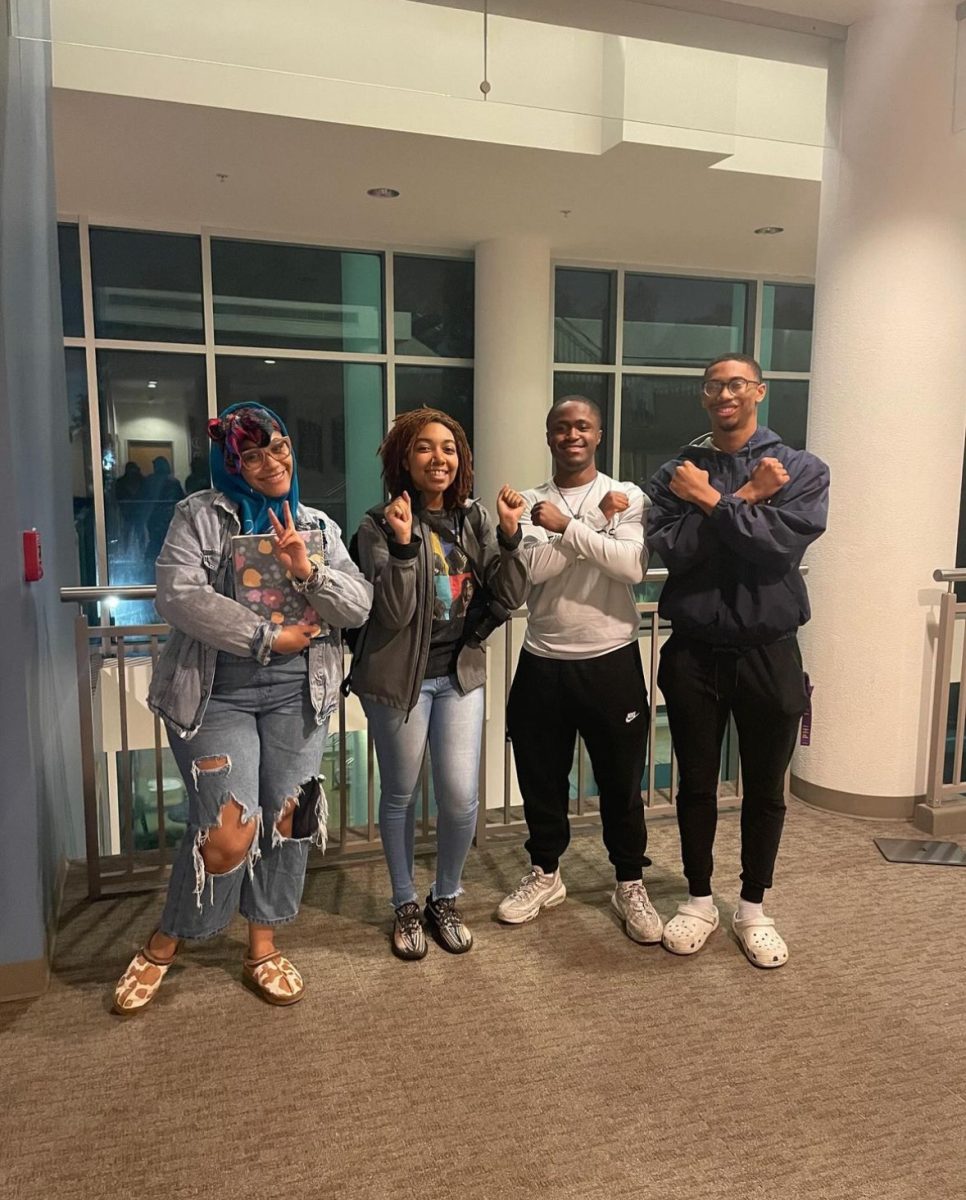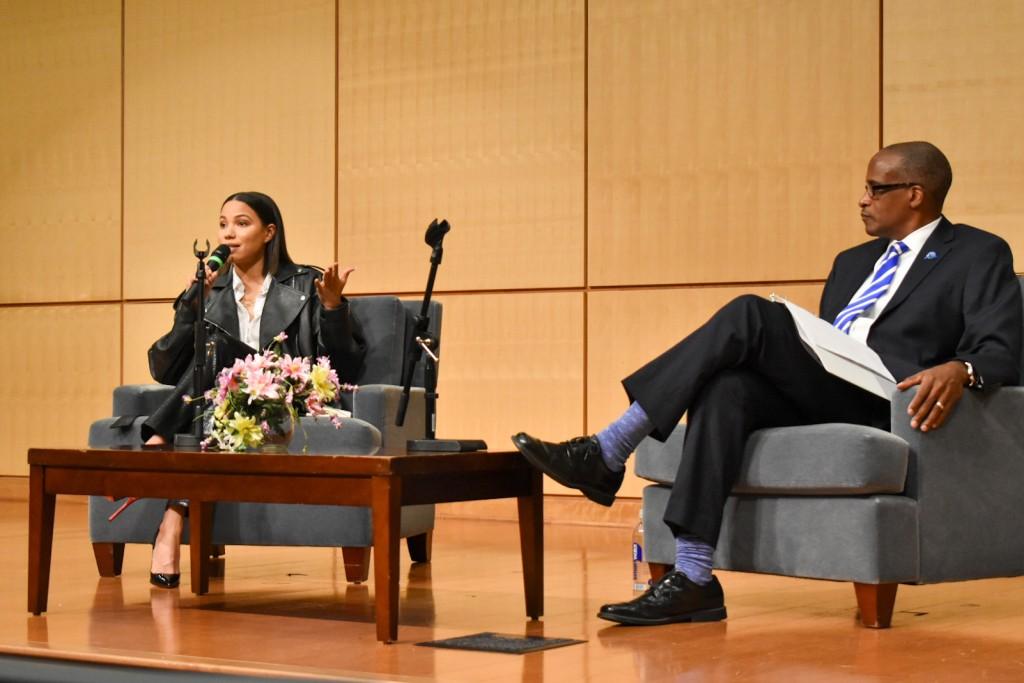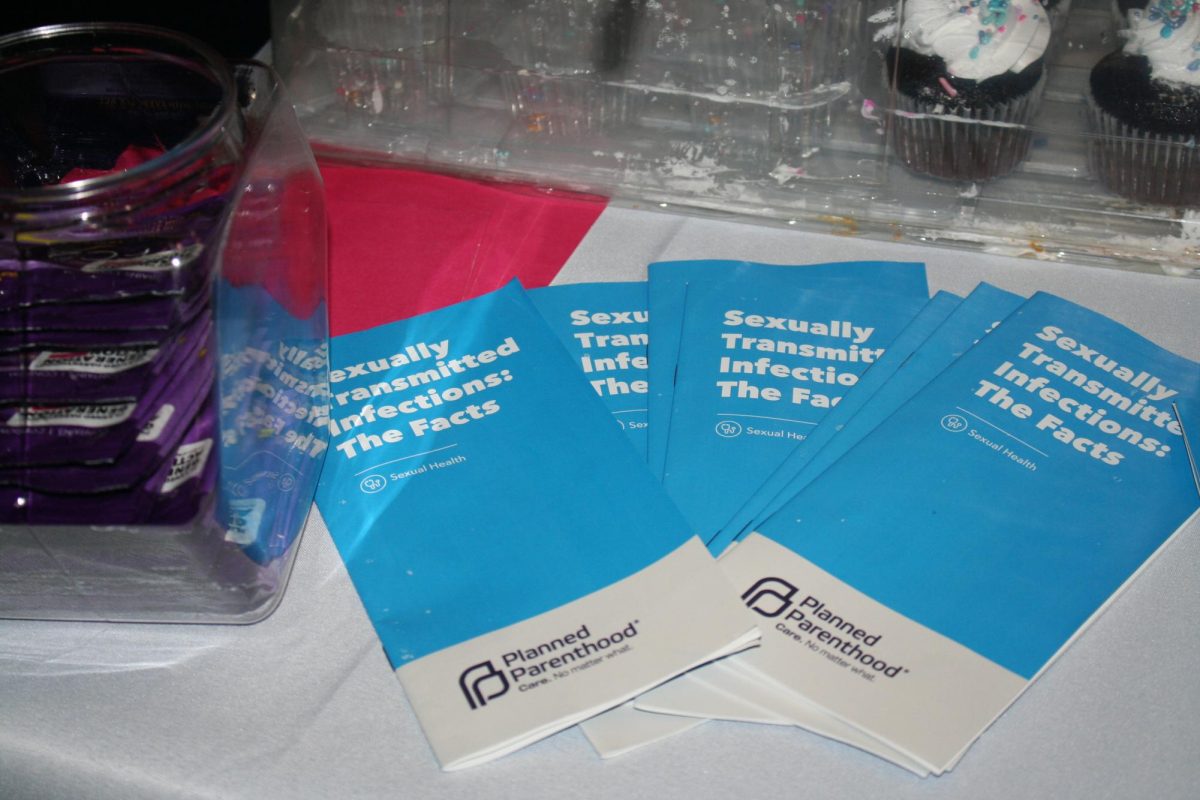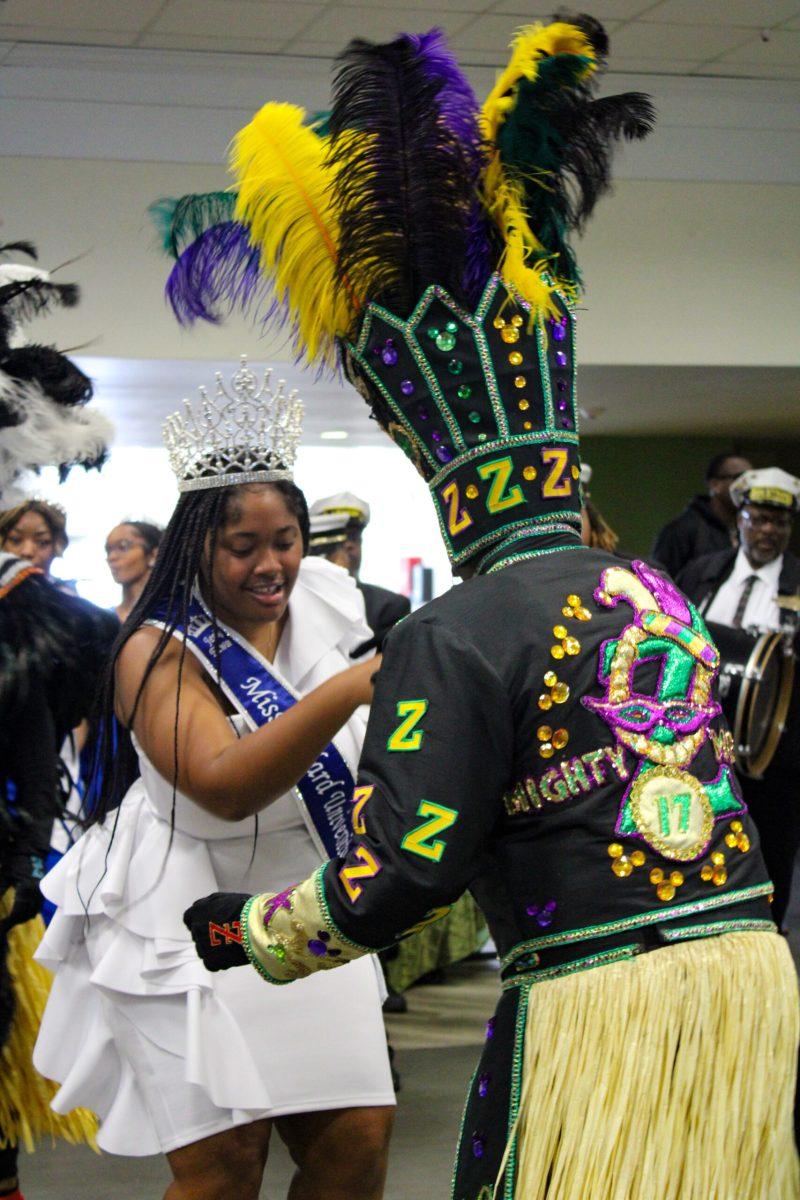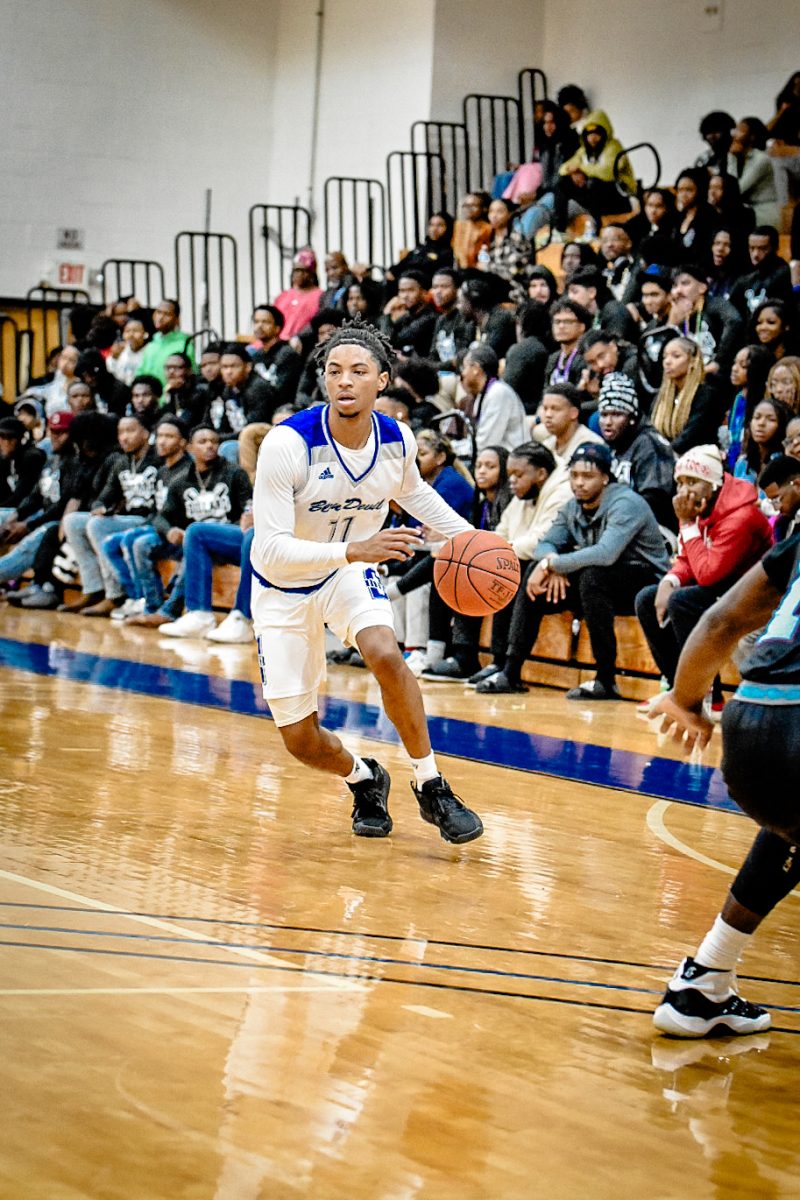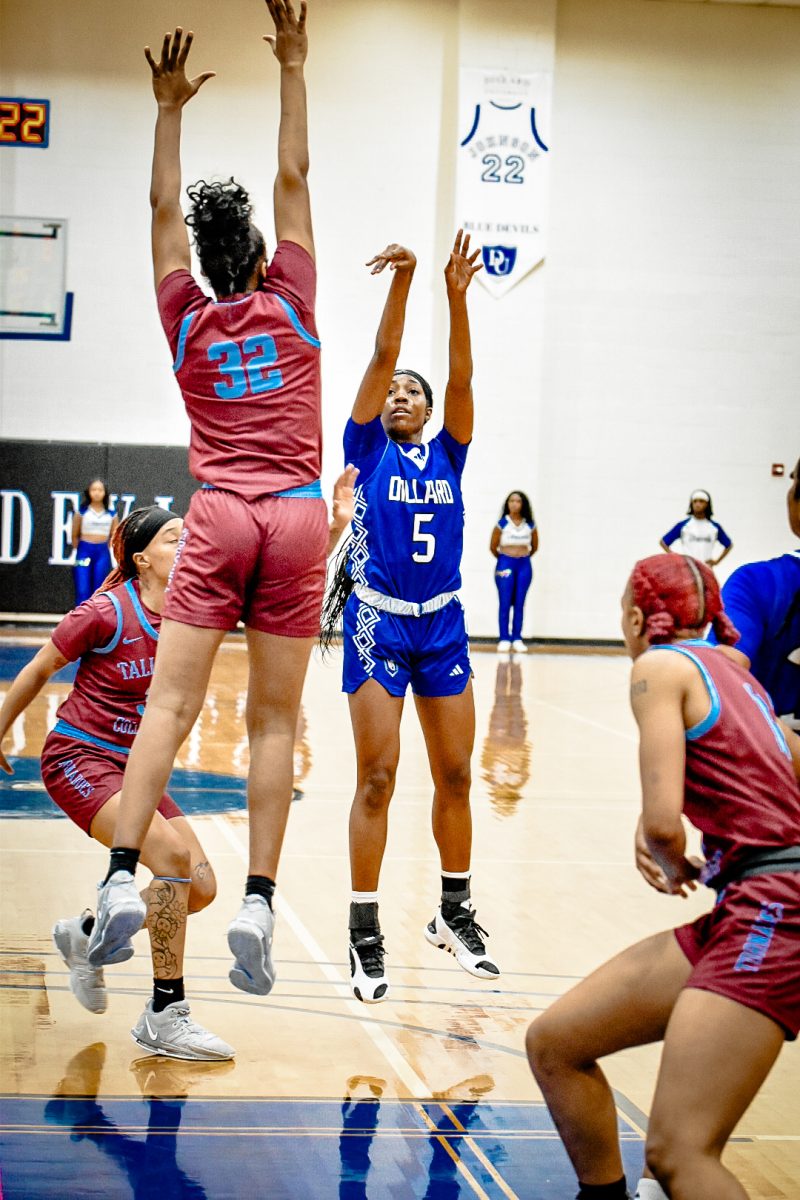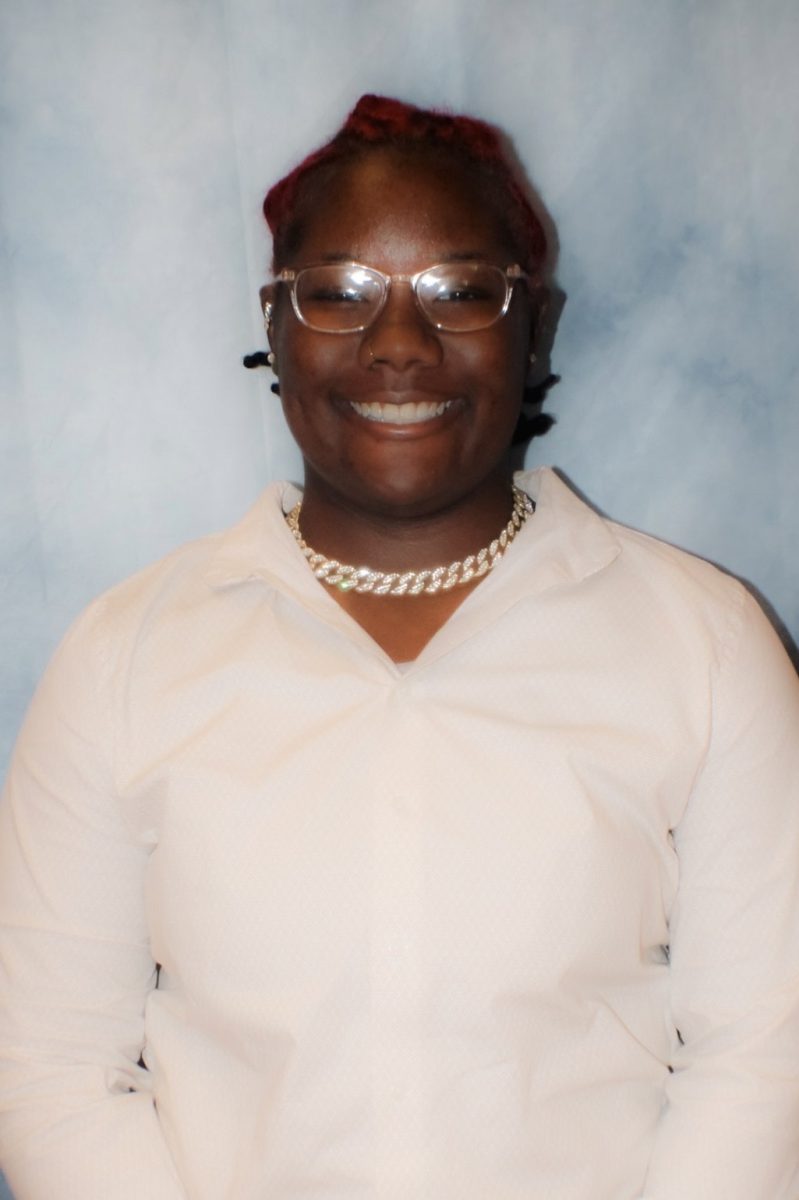Free confidential HIV testing will be provided from noon to 3 p.m. Saturday by Excelth Inc. in the Dillard University courtyard to mark the ninth year of National Black HIV/AIDS Awareness Day.
New Orleans is No. 8 in the nation in AIDS case rates; Baton Rouge is No. 4.
Desiree Byrd, spokesperson for Student Health Services, “Everything is confidential. Students deal strictly with the agency providing the testing,” and test results are received within 30 minutes.
The number of HIV/AIDS cases reported in Louisiana by the end of December 2006 reached 17,740, with New Orleans accounting for 8,902 cases, or slightly more than half the number, according to the national Centers for Disease Control and Prevention, or CDC. In 2006, Louisiana ranked fifth nationally in the rate of AIDS cases and 12th in the country in the number of AIDS cases reported.
Being African-American and young increases the odds, according to the CDC. The rate of HIV diagnosis was nearly seven times higher for black men than white men and more than twice the rate of black women. However, the rate for black women was 20 times that of white women. And among youth ages 13-24, blacks accounted for 61 percent of diagnoses in 2005, according to the CDC.
Nearly one-fourth of those living in Louisiana with AIDS and HIV contracted it through heterosexual contact.
Getting tested and knowing your status is important in preventing the spread of HIV/AIDS, along with the use of condoms to significantly reduce the risk not only of contracting HIV/AIDS but also other sexually transmitted diseases. The No/AIDS Task Force of Orleans provides free condoms around the city; for more information, call 821.2601. “Abstaining from oral, anal and vaginal sex altogether or having sex only with a mutually monogamous, uninfected partner are the only ways that individuals can be completely protected from the sexual transmission of HIV,” according to CDC materials.
Other suggestions from the CDC include: • Talk about HIV and other STDs with each partner before you have sex. • Learn as much as you can about each partner’s past behavior (sex and drug use), and consider the risks. • If you’re planning to get pregnant or are pregnant, get tested as soon as possible before you have the baby. • Having another sexually transmitted disease increases your risk of getting HIV, so if you think you’ve been exposed to one, get treated.
According to the sponsors of National Black HIV/AIDS Awareness Day, the 18 cities with the highest prevalence of HIV/AIDS in black communities are Atlanta, Baltimore, Chicago, Cleveland, Dallas, Detroit, Houston, Los Angeles, Miami, New Orleans, Newark, New York, Oakland, Philadelphia, Raleigh-Durham, San Francisco, Trenton, N.J., and Washington.
(Katrina Jordan contributed to this report.)


